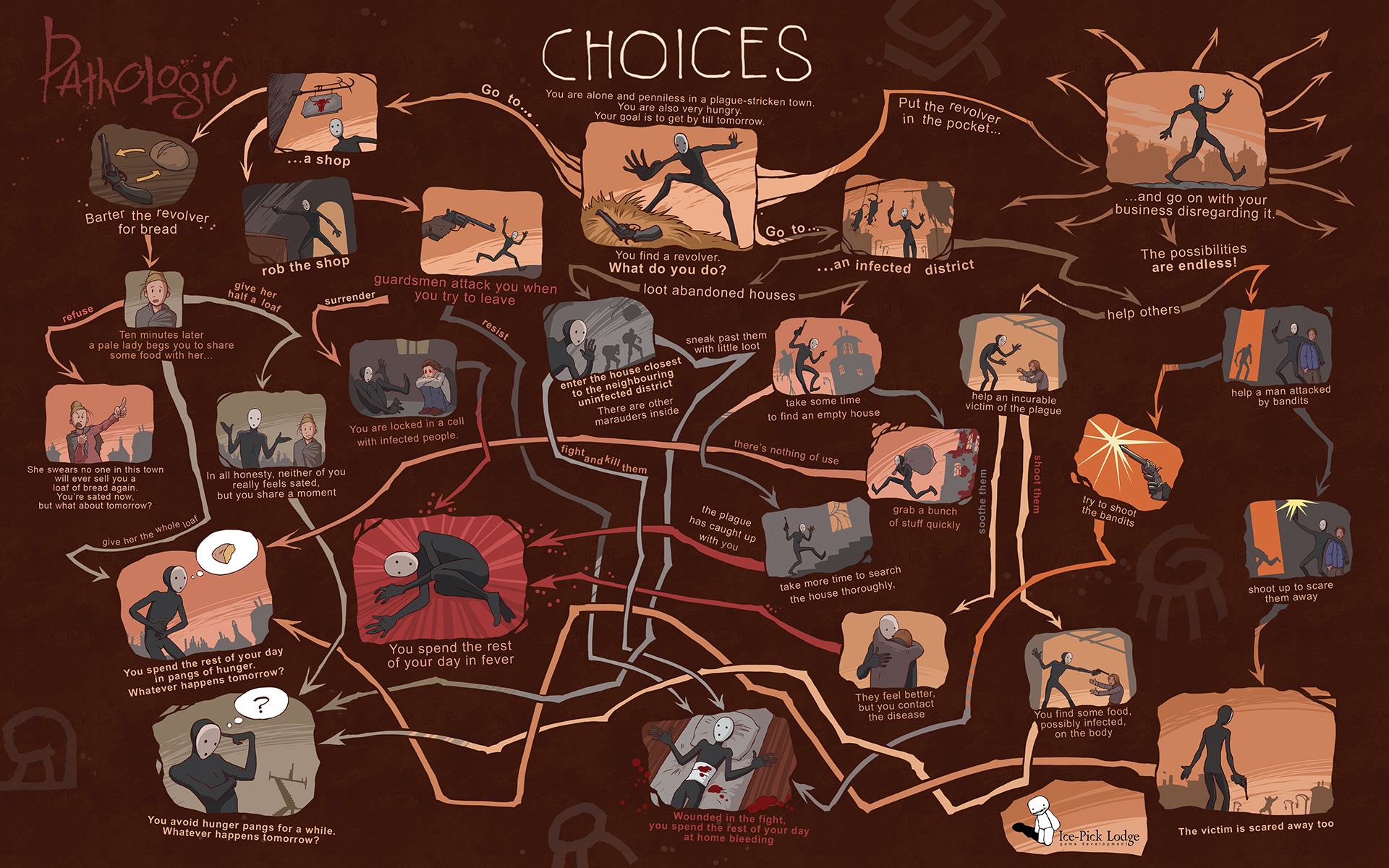This Friday the Department of Computer Science and Information Science Seminar Series is hosting Associate Professor David Ciccoricco for a talk titled:
“What You Should Know about Simulation if You Care about Videogames”

ABSTRACT: This talk historicizes the tangled relationship between two kinds of simulation, the mental simulations that happen in human minds and the digital simulations that happen on computer screens, and speculates about that relationship’s transdisciplinary future. It also suggests some ways in which aesthetic appropriations of simulation – as seen in videogames and other creative media – can play a significant and revealing role in mediating between the cognitive and the computational.
WHEN – 4 September at 1PM
WHERE – live & streamed online
Room G34 (Owheo building, 133 Union St. East) (places limited – to secure a seat you must email:
csadmin@cs.otago.ac.nz )
& online on Zoom at:
https://otago.zoom.us/j/98869375927?pwd=dmRTWTNrL2V4VEtRTkpwVmE2MlBwdz09
Password: 965073
BIO – David Ciccoricco is Associate Professor in English and Linguistics at the University of Otago. His research is focused on literary and narrative theory with an emphasis on emergent forms of digital literature, as well as digital culture and posthumanism more generally. He is the author of Reading Network Fiction (2007), a book on pre-Web and Web-based digital fiction, and Refiguring Minds in Narrative Media (2015), which is focused on cognitive approaches to narrative and literary theory in print novels, digital narratives, and story-driven videogames.





